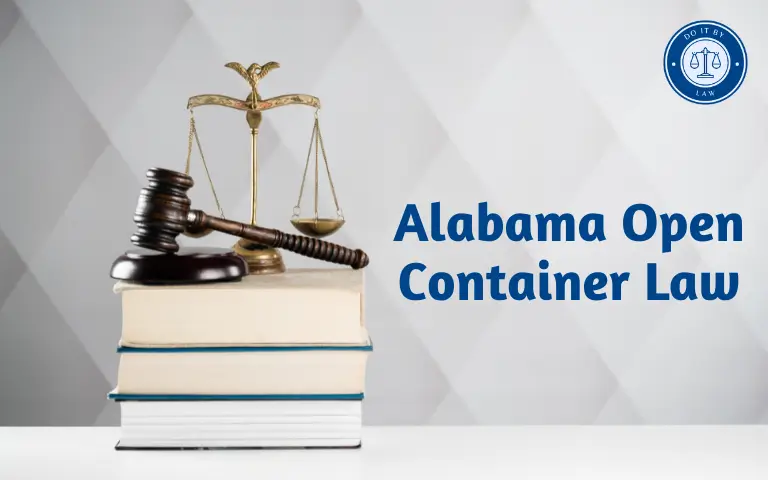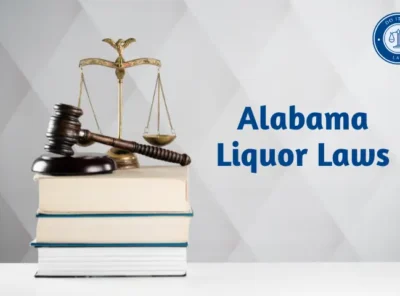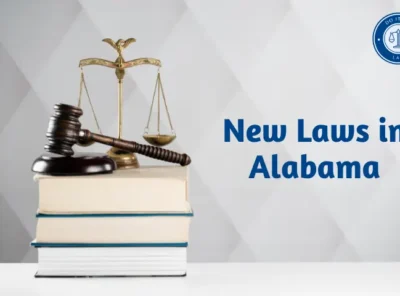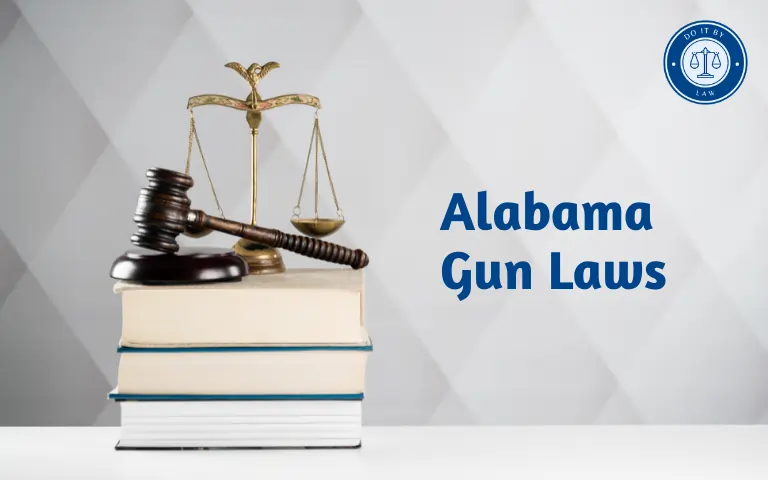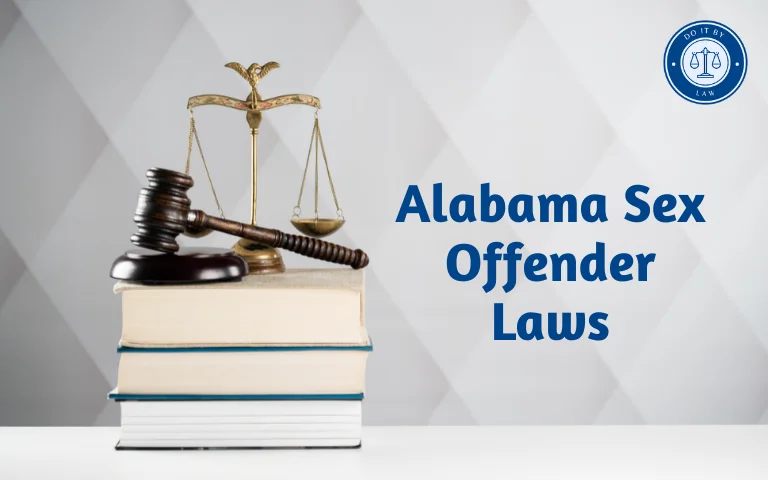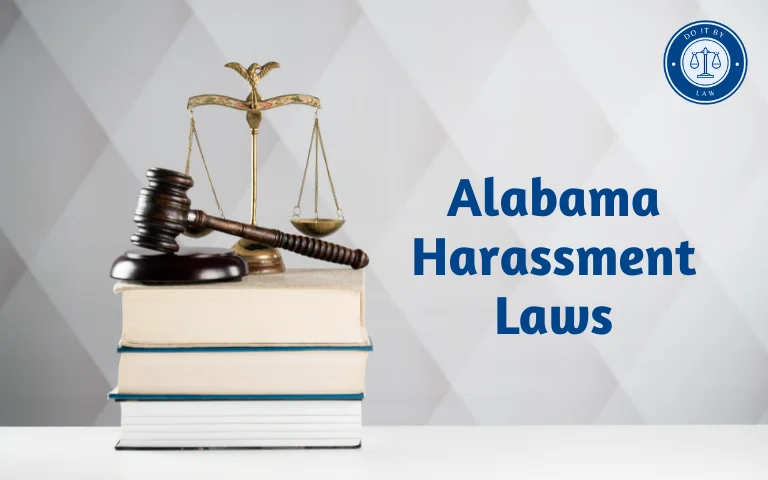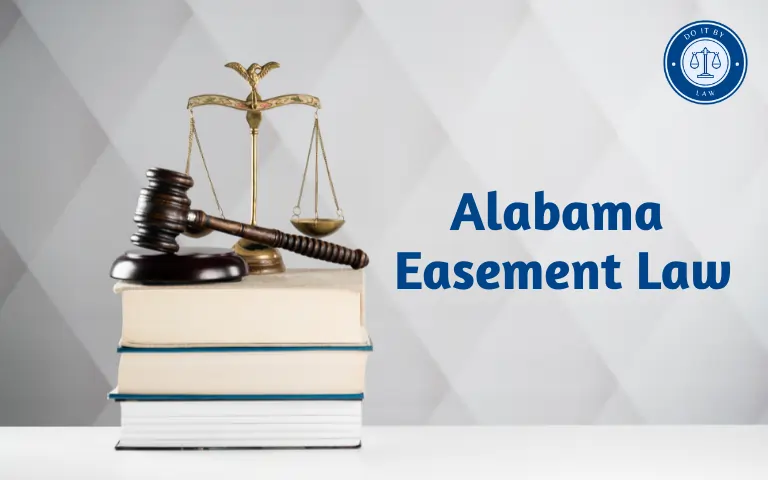Alabama Open Container Law: What You Need to Know
Alabama has restrictions on open containers of alcohol in public spaces and vehicles. Understanding the state’s open container law can help residents and visitors avoid fines or criminal charges. This article provides an overview of Alabama open container law & statute, its key provisions, penalties, and debates.
When Was Alabama Open Container Law Enacted?
Alabama enacted its law banning open containers of alcohol in vehicles and public spaces in 1988 under Act 88-653. This law made it a crime to possess open alcohol containers in many public areas.
Before 1988, the state had no open container law, allowing drinking in public places. However, rising traffic fatalities involving drunk drivers led to the passage of the 1988 law.
Alabama’s open container statute has remained relatively unchanged over the past 30+ years. It continues to provide a tool for law enforcement to combat public intoxication and drinking and driving risks.
Why Does Alabama Have an Open Container Law?
Reasons Alabama and other states adopted open container laws include:
- Curb drinking in public places like roads, sidewalks, and parks.
- Reduce drunk driving accidents and fatalities caused by drunk drivers.
- Allow police to intervene before intoxicated individuals get behind the wheel.
- Discourage drinking in vehicles by drivers as well as passengers.
- Clarify and simplify public intoxication laws for enforcement.
- Bring Alabama in line with other states’ open container statutes.
The overarching goals are promoting public safety and order by restricting open alcohol in vehicles and other public areas.
Who Does Alabama Open Container Law Apply To?
Alabama law applies to:
- Anyone driving or physically controlling a vehicle on public roads or property while possessing open containers.
- Passengers possessing open containers in vehicles on public roads.
- Pedestrians carrying open containers on public sidewalks, parks, streets, and highways.
- Persons having open containers on other public property like government-owned land.
The open container law applies broadly to both drivers and passengers of vehicles, as well as pedestrians. It restricts the possession of open alcohol by nearly anyone on public property.
Key Provisions of Alabama Open Container Law
Alabama Code Section 32-5A-330 details the state’s law prohibiting open alcohol containers. Key provisions include:
Definition of Open Container:– Any container holding alcohol which has been opened had its seal broken, or the contents partially removed.
Applicable Vehicles:- Applies to any vehicle (cars, trucks, RVs, boats, ATVs, etc) on public roads, highways, and parking areas.
Possession Restrictions
- No person in a motor vehicle may possess open containers.
- No person may possess open containers on public highways, sidewalks, parks, beaches, or government-owned public land areas.
Exceptions
- Passengers on chartered vehicles like limos or buses.
- Transporting opened containers in trunks, luggage compartments, or non-passenger areas.
Penalties:- Violations are Class C misdemeanors with fines of up to $500 and up to 3 months jail.
Penalties for Violating Alabama Open Container Law
Illegal possession of an open alcohol container in public spaces or vehicles in Alabama can lead to:
- Fines of up to $500 plus mandatory court costs.
- Up to 3 months jail time.
- Driver’s license suspension for alcohol-related offenses.
- Vehicle impoundment if drinking while driving.
- Community service and alcohol education/treatment programs.
- A permanent criminal record for convictions.
Penalties escalate for repeat offenses. Law enforcement has no discretion with the law, meaning they must cite violators.
Recent Changes to Alabama Open Container Law
Alabama open container statute has not seen significant changes since its 1988 enactment. Recent failed proposals include:
- 2007 – A bill to allow open containers in limos and buses was rejected. Alabama still prohibits open containers in all vehicles outside of locked trunks and non-passenger compartments.
- 2009 – A proposed exception to allow passengers to drink was struck down. Alabama still prohibits open containers for passengers as well as drivers.
- 2019 – A bill was introduced to allow municipalities to designate entertainment districts exempt from open container laws but failed to pass.
Alabama legislative committees have resisted amendments that would loosen restrictions, believing doing so could increase drunk driving rates.
Controversies and Debates Around Alabama Open Container Law
There is occasional debate about Alabama’s open container statute:
- Prevalence of violations – Some argue enforcement should focus on more serious crimes since violations are common.
- Fairness – Passengers argue they should be able to drink responsibly unlike drivers.
- Selective enforcement – Some claim police unfairly target certain groups like minorities.
- Freedom – Opponents view it as government overreach restricting personal freedoms.
- Economic impact – Limiting open containers may deter tourism dollars.
- Safety benefits – Supporters argue the law saves lives by reducing drunk driving.
Debates continue but major changes have stalled due to public safety implications and lack of political momentum for loosening rules.
Alabama Open Container Lawyers
If you’re facing legal issues related to open container violations in Alabama, consider the expertise of seasoned lawyers dedicated to defending your rights. These accomplished attorneys offer a wealth of knowledge and a commitment to providing personalized, effective representation for individuals navigating open container charges in Alabama.
| Name | Experience | Practice Areas | Location | Areas of Practice | Fees |
|---|---|---|---|---|---|
| Frank Stephen Ward | 17 years | DUI & DWI, Traffic Tickets | Alabama | DUI & DWI, Traffic Tickets, Suspended License, Expungement | Free Consultation, Credit Cards Accepted, Contingent Fees |
| Jason C. Neff | 22 years | Criminal Law, DUI & DWI | Alabama | Criminal Law, DUI & DWI, Appeals & Appellate, | Not specified |
| James M. Burns | 23 years | Criminal Law, Divorce, DUI & DWI. | Alabama, Florida | Criminal Defense, Family Law, Personal Injury, Probate Law | Not specified |
Frank Stephen Ward: Frank Ward, with 17 years of experience, specializes in DUI & DWI and Traffic Tickets in Alabama. A member of the National College for DUI Defense since 2010, he co-authored the Alabama DUI Handbook. Known for helping clients avoid DUI convictions and expunge records, Frank is recognized for his expertise and presentations on DUI defense.
Jason C. Neff: With 22 years of experience, Jason C. Neff focuses on Criminal Defense, including DUI, drug offenses, and Criminal Expungement. Based in Tuscaloosa, Alabama, he provides personal attention, serving clients in various courts across Alabama.
James M. Burns: James M. Burns, with 23 years of experience, practices in Criminal Defense, Family Law, Personal Injury, and Probate Law. Licensed in both Alabama and Florida, he actively serves clients on the Gulf Coast, bringing a wealth of expertise to various legal areas.
Conclusion: Key Takeaways on Alabama Open Container Law
In summary, key facts to understand about Alabama’s open container statute include:
- Enacted in 1988 to reduce drunk driving and promote public safety.
- Bans open alcohol containers in vehicles and most public spaces like sidewalks, parks, and government land.
- Applies to both drivers and passengers in vehicles on public roads.
- Limited exceptions exist for chartered vehicles like party buses.
- Violations are classified as Class C misdemeanors with fines up to $500 and potential jail time.
- Alabama has resisted efforts to loosen restrictions or create exemptions like entertainment districts.
- Police have little discretion and must cite violators when observed.
Alabama maintains relatively strict rules regarding open containers in public areas and vehicles compared to some other states. Awareness of the law can help residents and visitors avoid citations carrying stiff penalties.
Frequently Asked Questions About Alabama Open Container Law
References
- Alabama Code Section 32-5A-330
- Alabama Open Container Law – FindLaw
- Alabama Public Intoxication Laws | Open Container Law
- Alabama Legislature Act 88-653 (SB 122)
- Mothers Against Drunk Driving (MADD) Alabama

